
The Crop Research Institute of the Council for Scientific and Industrial Research (CSIR-CRI) has launched a project aimed at restoring degraded lands, promoting agroforestry, and empowering marginalised groups towards long-term prosperity in Ghana and Kenya.
Dubbed, “Engaging Local Communities in Endangered Trees and Minor Crops Utilisation for Biodiversity Conservation and Livelihood Enrichment (EMBRACE), the international project, is expected to create agrosilvicultural farmsteads, train women and youth in sustainable practices, and revitalise underutilised crops and endangered tree species in both countries.
It is a three-year project started in November 2024 that would end in October 2027, with a £600,000 grant facility from the Global Center on Biodiversity for Climate.
At the launch of the project at the weekend, Director General of the CSIR, Prof. Paul Bosu, said the project embodied their vision of fostering sustainable development through conserving natural resources, promoting biodiversity and improving livelihoods.
‘Through this project, we are achieving sustainable livelihoods, agricultural productivity and conservation of natural resources,” he indicated.
He was happy the training would also support women and youth in sustainable livelihood diversification towards prosperity, saying “by involving women and youth, we empower those most affected to become agents of change, fostering resilience and innovation.”
Dr Jeannette Aduhene-Chinbuah, a Co- Principal Investigator of the Project, explained that the project team would team up with the community members to identify the lost crops for propagation and the setting up of a nursery and farmsteads.
She said the project would improve the livelihood of 50 households in each of the 15 communities in the three regions selected-Ashanti, Ahafo and Western.
Dr Clement Oppong Peprah, the Principal Investigator of the Project, on his part, noted that Ghana and Kenya were both faced with forest degradation due to construction among the lot.
He explained that in all, 25 communities have been selected for the project, 15 in Ghana and 10 in Kenya, and thanked the Global Center on Biodiversity for Climate for funding.
The Chief of Asafo, Akyamfour Asafo Boakye Agyemang Bonsu, who was the guest speaker, observed the stakeholders had a critical role to play in translating the vision into measurable impact.
“Our engagement, expertise, and dedication will determine the success of this initiative. We must remain committed to fostering resilience, strengthening livelihoods, and conserving the natural resources that sustain us;
“To the communities, you are the custodians of biodiversity and stewards of the environment. Your active participation is key to ensuring that EMBRACE achieves its goals,” he implored.
The Council Chair, Prof. Kingsford Adaboh contributing, urged all and sundry to pool resources together to make EMBRACE achieve its goal.
“As stakeholders, we each have a role to play in ensuring the success of this project. Policymakers must champion supportive legislation that recognizes community rights to manage and protect forests. Researchers and practitioners must continue to innovate, sharing knowledge and best practices. And as individuals, we must commit to sustainable practices in our daily lives, inspiring others to do the same,” he said.
FROM KINGSLEY E.HOPE, KUMASI
The post CSRI launches project to restore degraded lands appeared first on Ghanaian Times.
Read Full Story
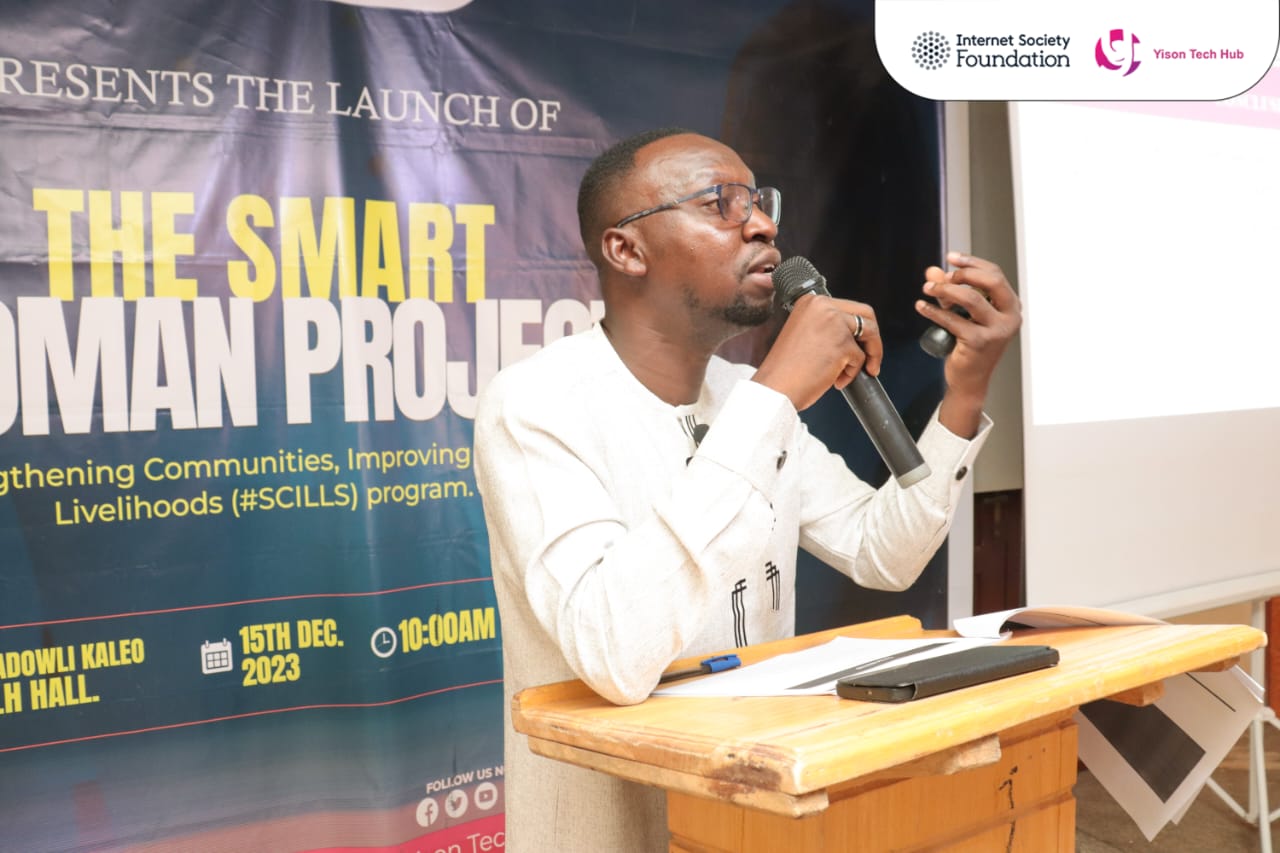


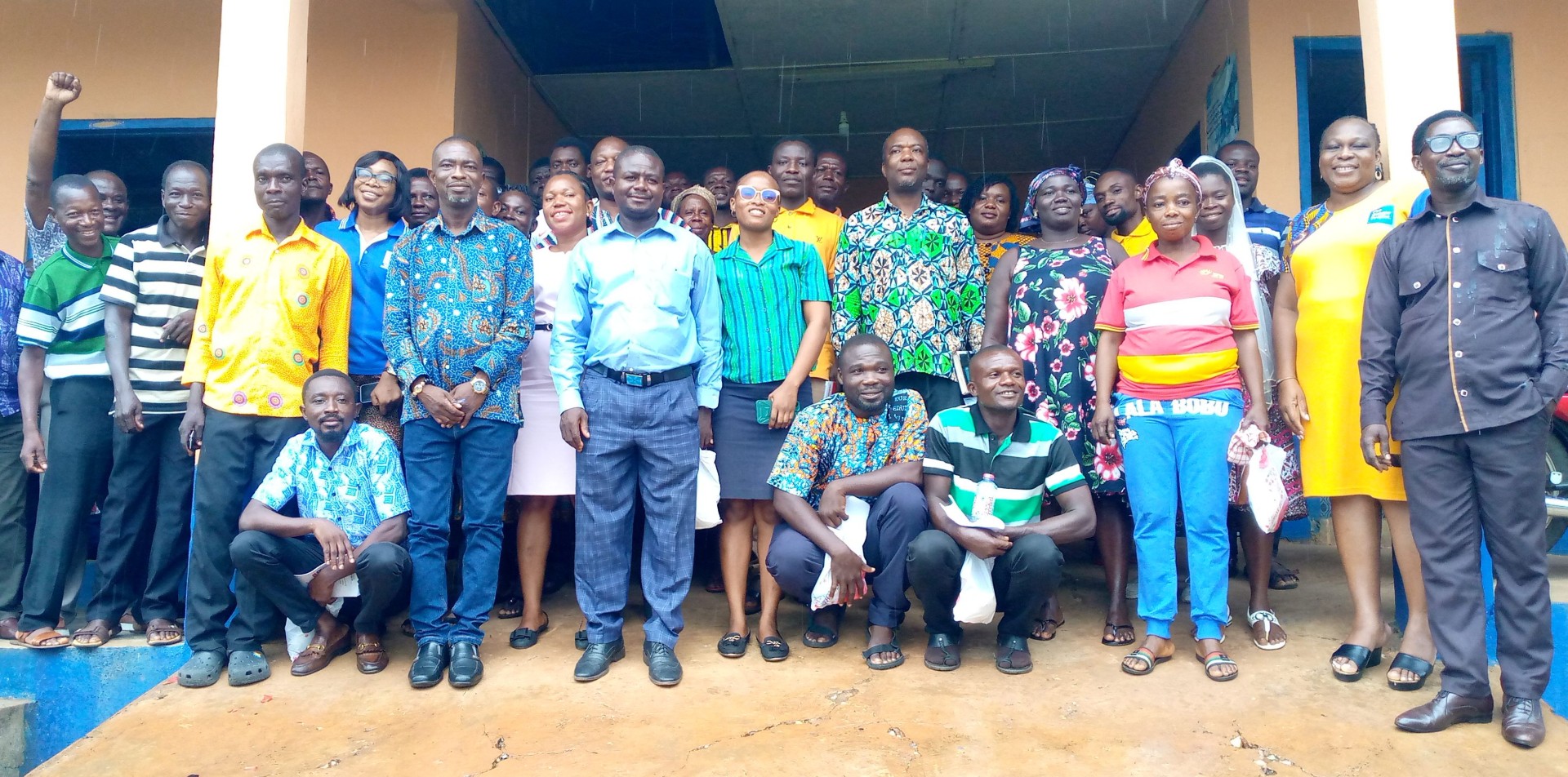


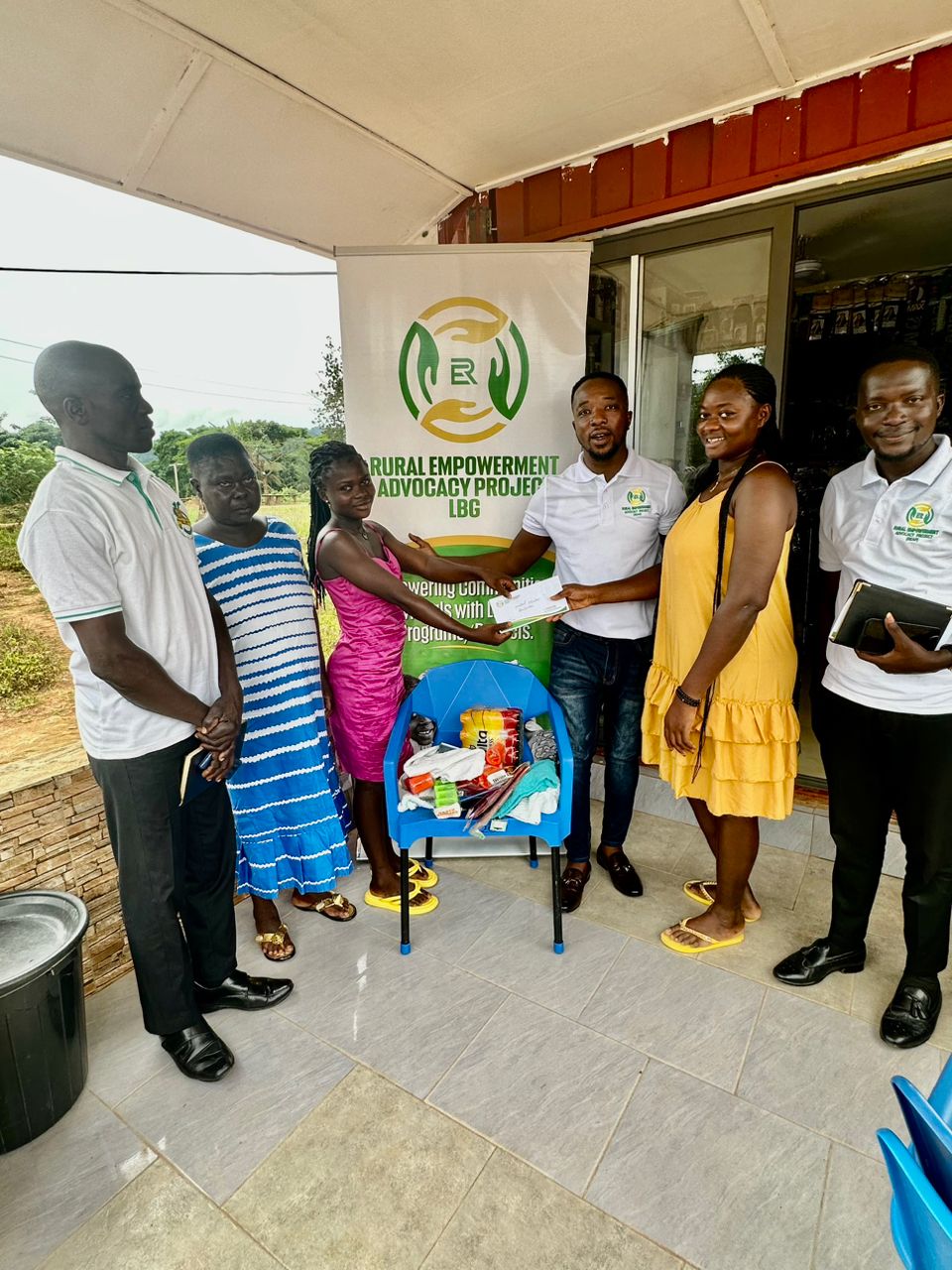







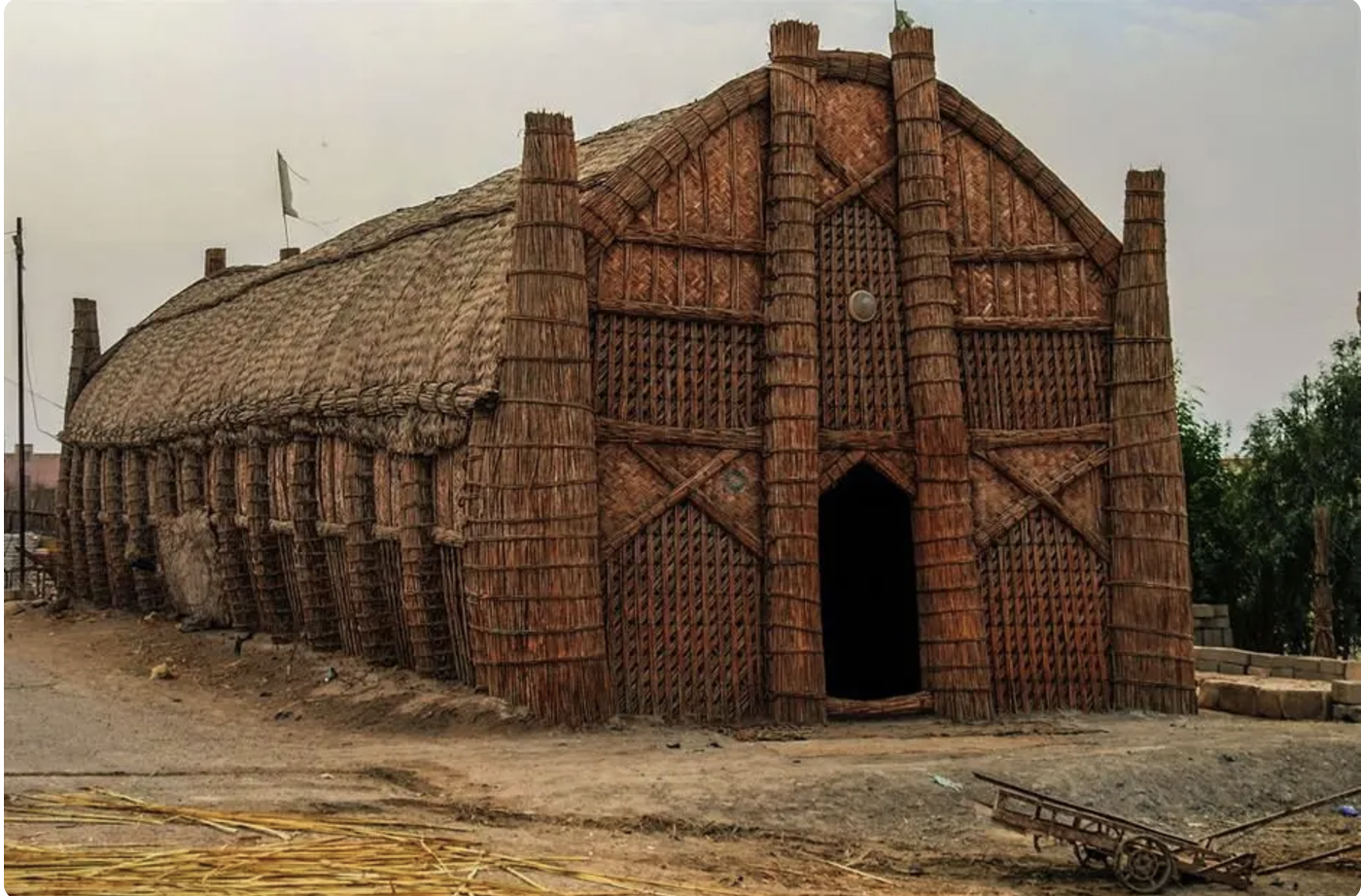
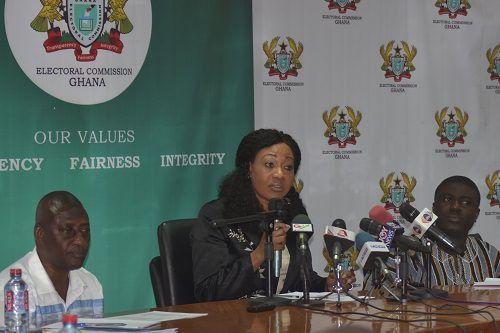
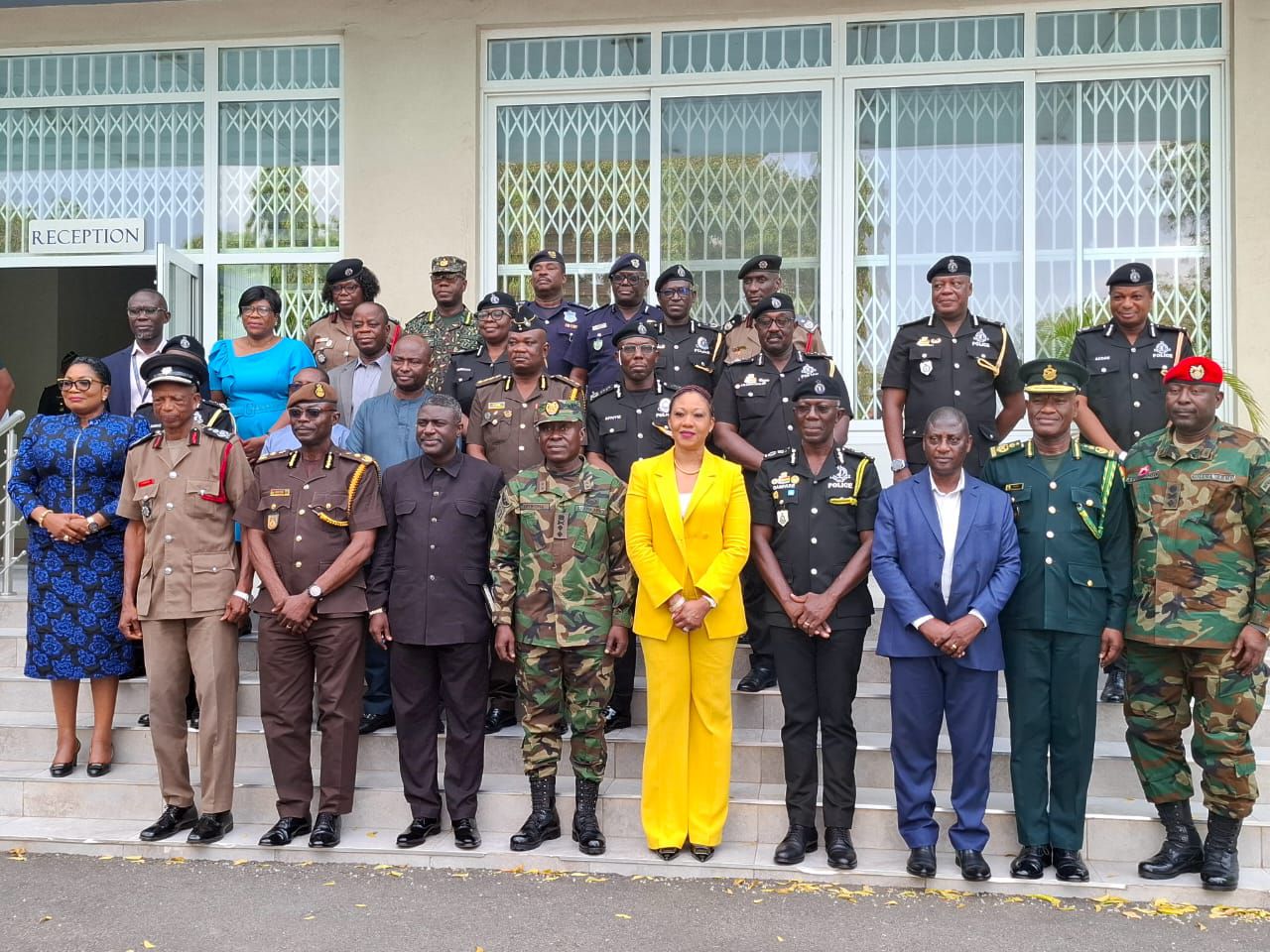
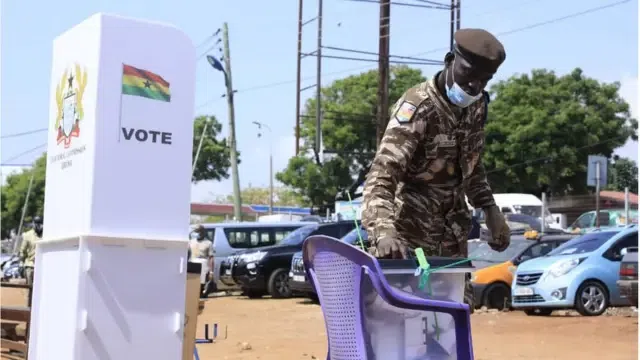



Facebook
Twitter
Pinterest
Instagram
Google+
YouTube
LinkedIn
RSS